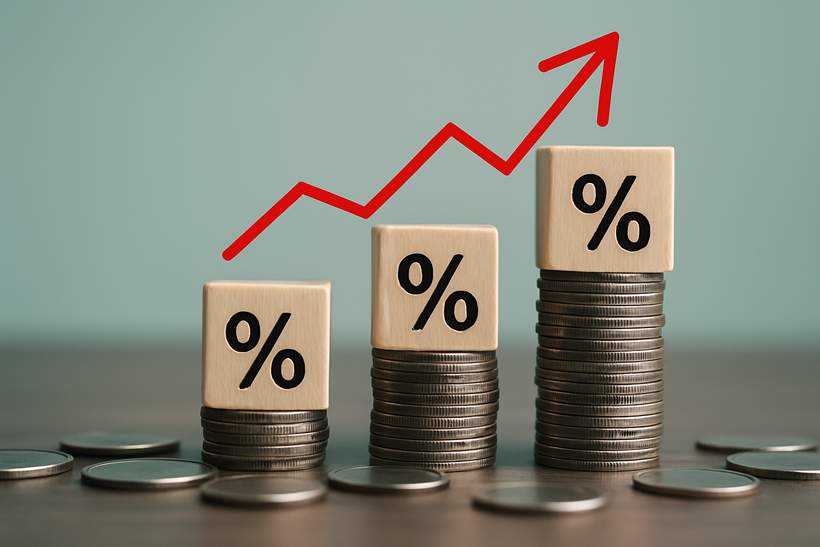Poland’s Plan to Increase Tax on Gambling Winnings to 15%

Introduction to Tax Changes on Gambling Winnings
The Ministry of Finance in Poland is preparing to implement a significant change in the taxation of gambling winnings. Beginning January 2026, the tax rate on gambling prizes will increase from the current 10% to 15%. This adjustment is part of a wider reform of the Personal Income Tax Act and will apply to all forms of gambling success, including lotteries, betting, casino games, and promotional rewards.
Additionally, this new tax policy will encompass winnings obtained from international sources, meaning Polish residents will be taxed on gambling earnings from foreign or European Union-based platforms.
Rationale Behind the Tax Revision
Authorities have described this tax increase as a necessary revision to a system that has remained unchanged for over 20 years. The 10% tax rate was set back in 2001 and is now considered outdated given the growth and complexity of today’s gambling market.
A representative from Poland’s lower legislative chamber, the Sejm, stated that the tax system must evolve in line with the expanding market’s scale and dynamics.
The Ministry of Finance characterizes the increase as part of a behavioral taxation approach aimed at reducing problem gambling while increasing government revenue.
However, some critics challenge this reasoning, warning that higher taxes may drive players away from licensed venues toward unregulated or offshore gambling options—an outcome that Poland has actively sought to prevent.
Current Gambling Tax Environment in Poland
Poland currently implements one of the strictest gambling tax frameworks in Europe. Operators pay varying tax rates based on game types: 12% on total stakes for sports betting and 50% on net revenue for slot and table games.
On the player side, winnings are taxed at a 10% rate, which licensed operators deduct automatically. For instance, a gambling prize of 10,000 PLN (approximately $2,709) currently yields 9,000 PLN ($2,438) after tax. The proposed increase would reduce the payout to 8,500 PLN ($2,303).
Additionally, smaller winnings under about 520 EUR ($600) are currently tax-exempt, but this exemption may be reconsidered. Changes might also affect those who win money through licensed foreign operators, leading to possible new deductions.
Concerns and Potential Risks
Experts and industry representatives predict that the tax hike could have unintended negative consequences. A gaming lawyer based in Warsaw warned that higher taxation might diminish the competitiveness of regulated operators and push gamblers toward illegal or gray-market sites.
Historical experiences with tax increases in Poland have shown similar effects, where legal gambling markets contracted instead of expanding.
This proposal has ignited debate across Poland. Supporters argue it modernizes and aligns the tax system with current economic realities, while opponents fear it will weaken the formal gambling sector and complicate regulatory efforts.
The finalized version of the proposal is expected later this year, which will reveal whether Poland can successfully balance increased tax revenues with retaining players in the legal gambling market.